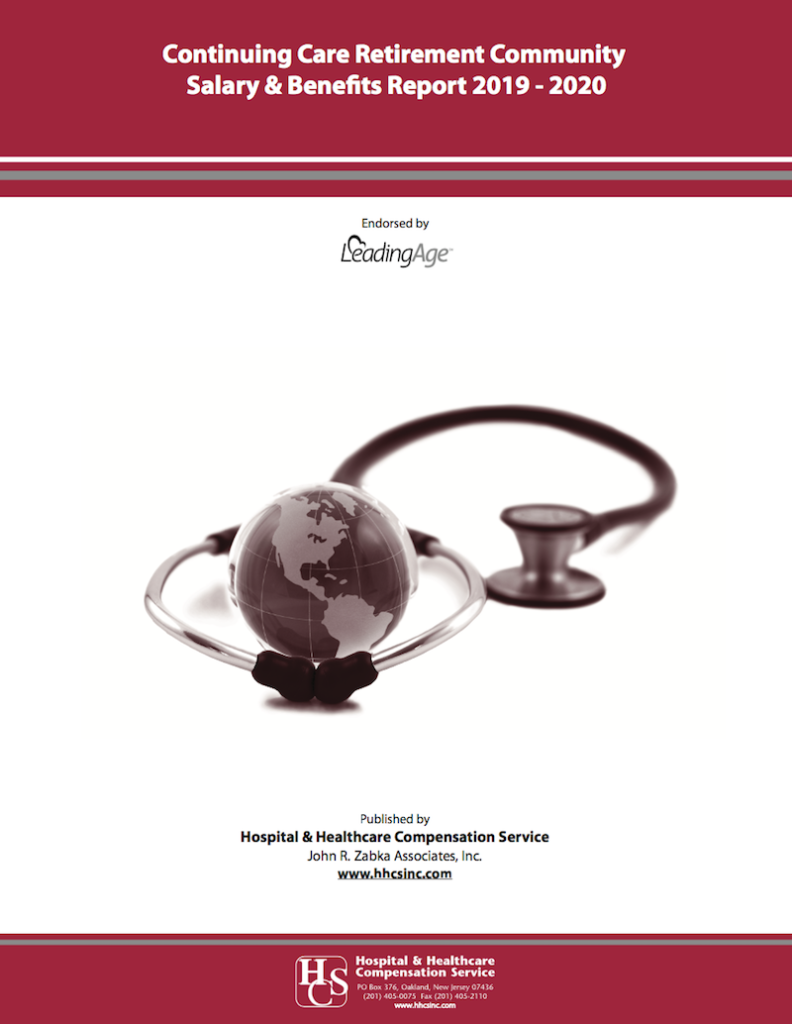
Dementia managers in continuing care retirement communities saw relatively healthy average salary increases of 4.19%, with pay rising from $57,553 in 2018 to $59,964 in 2019, not including bonuses, according to the “Continuing Care Retirement Community Salary & Benefits Report 201-2020,” released Thursday.
The national study is published by Hospital & Healthcare Compensation Service in cooperation with LeadingAge. The dementia care data cited reflects all communities participating in the research this year and last year.
Directors of assisted living/personal care saw more modest increases, averaging 1.99% over the same period, according to the report. Base pay for the position increased from $73,863 from 2018 to $75.329 in 2019.
For the 17 states for which data were reported this year, average salaries for directors of assisted living/personal care ranged from $70,796 in South Carolina to $116,972 in New Jersey.
Residential administrators for independent living saw average increases of 1.4%, with base salaries rising from $82,735 in 2018 to $83,891 in 2019.
In general, for all three positions, salaries were higher as revenues increased. For the assisted living and dementia-related positions, salaries also were higher at communities with more beds/units. For the independent living position, however, salaries were higher at communities with fewer than 299 beds compared with communities with 300 or more beds.
Turnover for all top-level executives decreased sharply, from 20.22% in 2018 to 7.68% 2019, according to the report. Executive turnover was highest in the West South Central region (Arkansas, Louisiana, Oklahoma and Texas), at 36.74%, and lowest in the Middle Atlantic region (New York, New Jersey and Pennsylvania), at 13.65%, according to the report.
“As far as turnover, the most noteworthy was that turnover for top level executives was way down, CNAs dipped a bit and LPN turnover increased,” Rosanne Zabka, director of reports for HCS, told McKnight’s.
A total of 506 CCRCs (also known as life plan communities) participated in this year’s report, providing compensation data on 86,650+ employees and covering 46 management and 53 nonmanagement positions. Findings are reported according to revenue size, total unit size, region, state and core-based statistical area. The report also includes information related to 18 fringe benefits, turnover rates by department and projected salary increases by department for 2019 to 2020.
Approximately 81% of participating communities were not-for-profits, and 43% of participants were affiliated with a religion.
The report is available for $350, or $275 for members of LeadingAge. To order, visit the HCS website or call (201) 405-0075.



